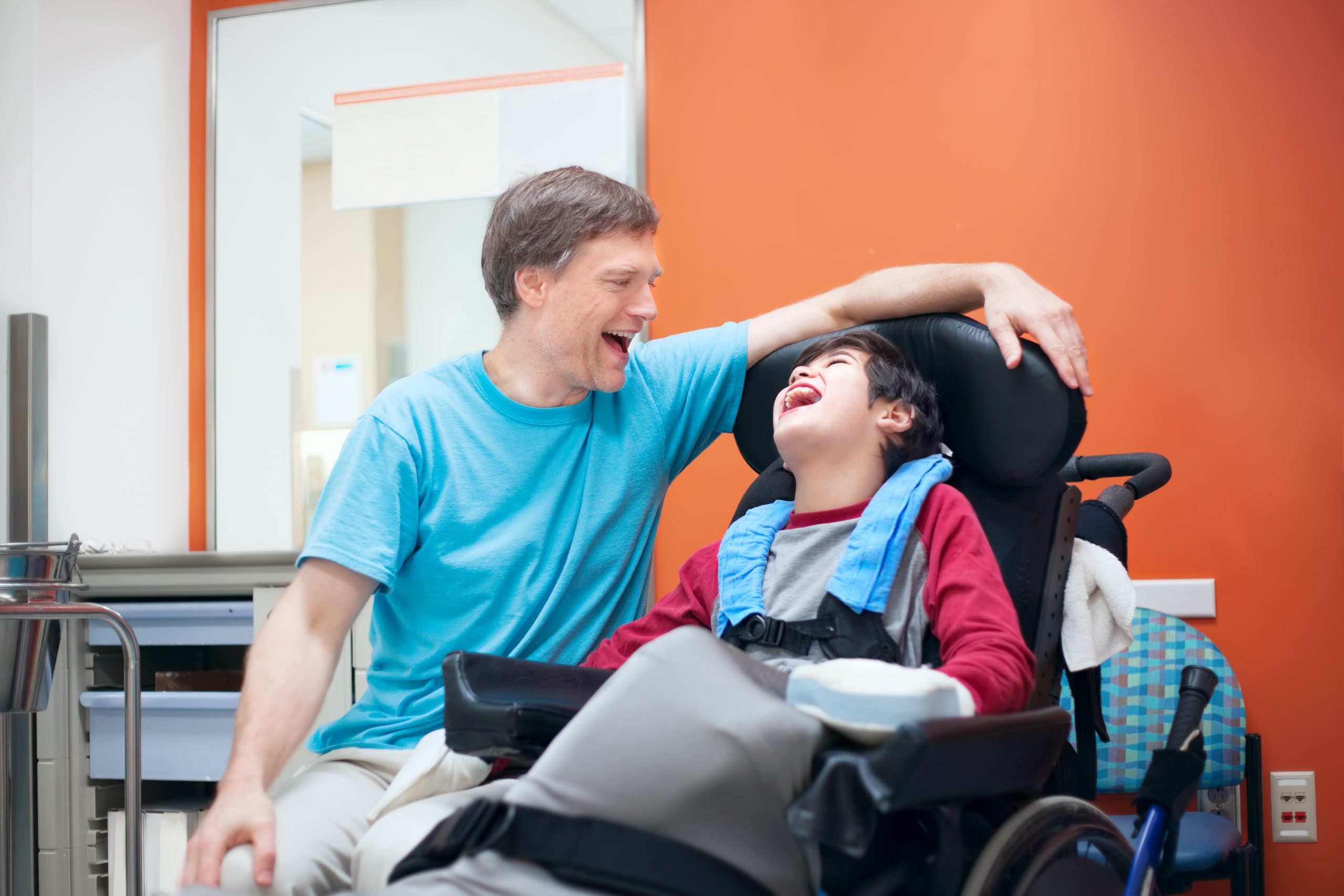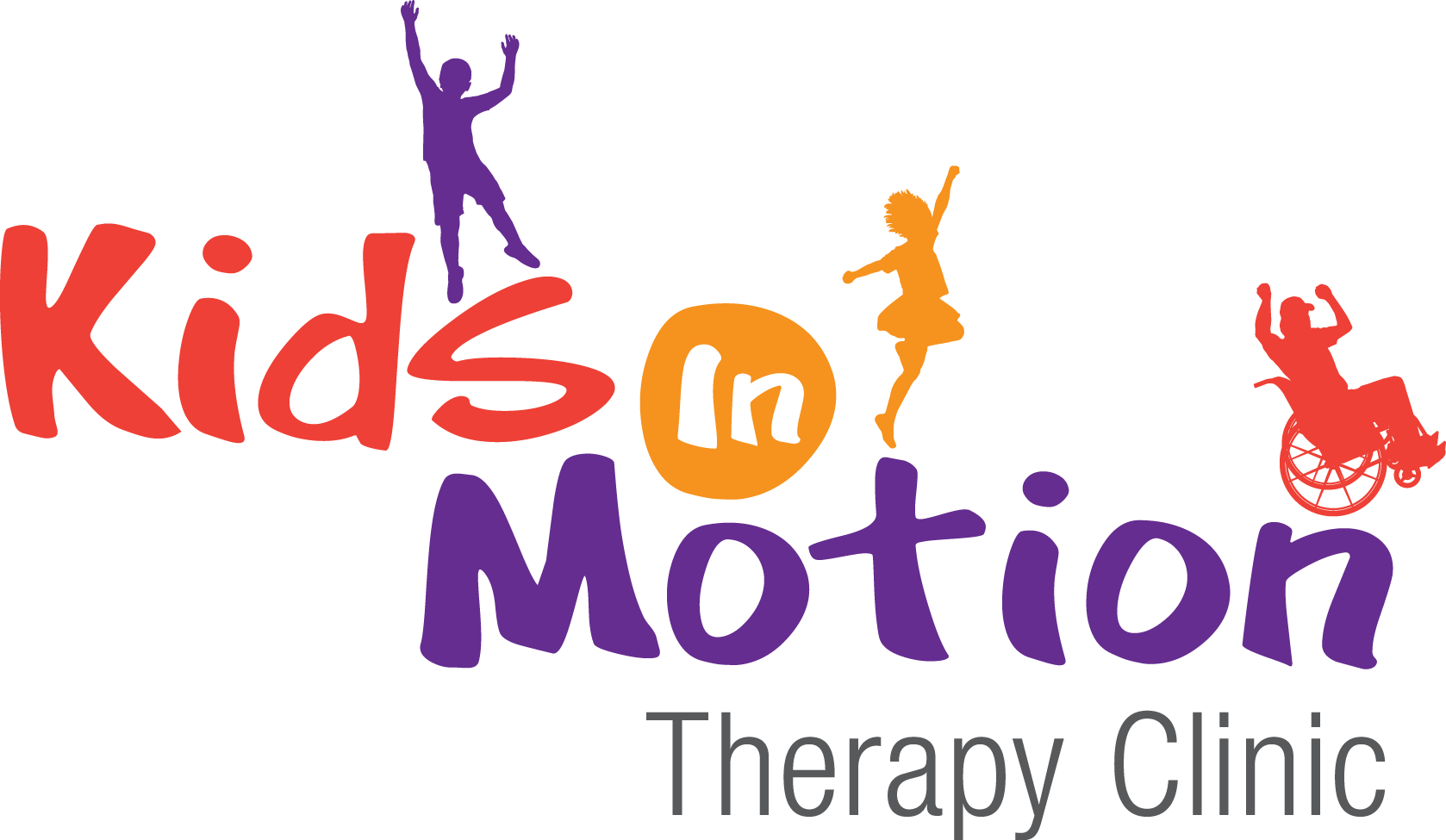Speech Therapy Services





WHAT DOES A PEDIATRIC SLP DO?
Pediatric Speech Language Pathologists (SLPs) are practitioners who deliver skilled speech therapy services to children and their families. They treat children with problems with speech, language, thinking, and swallowing. They work to prevent, assess, diagnose, and treat speech, language, social communication, cognitive-communication, and swallowing disorders. Pediatric SLPs work with children with a wide range of diagnoses from infancy through adolescence. The SLP works in close partnership with the child’s family and other members of the rehabilitation team in order to establish a personalized treatment plan and work towards goals that are meaningful and important to the child and the family.
WHY SEE A PEDIATRIC SLP?
-
Speech disorders – these occur when a person has difficulty producing speech sounds correctly or fluently
-
Swallowing disorders – feeding and swallowing difficulties known as dysphagia
-
Language disorders – these occur when a person has trouble understanding others or sharing thoughts, ideas, and feelings. Language disorders may be spoken or written
-
Social communication disorders – these occur when a person has trouble with the social use of verbal and nonverbal communication. Many individuals with autism spectrum disorder or traumatic brain injuries have social communication problems
-
Cognitive-communication disorders – these include problems organizing thoughts, paying attention, remembering, planning, and problem solving
-
SLPs can help children and families learn to use augmentative and alternative communication systems for individuals with severe communication deficits
CONDITIONS SLPs can help with inlude:
-
Apraxia
-
Autism
-
Articulation Disorders
-
Cleft Palate
-
Developmental Delays
-
Dyslexia
-
Early Language Delays
-
Executive Functioning (Attention, Organization)
-
Expressive and Receptive Language Disorders
-
Feeding Disorders
-
Fluency Disorders
-
Reading/Writing Difficulties
-
Selective Mutism
-
Swallowing Disorders
-
Tongue Thrust
-
Voice Disorders
-
Vocal Nodules
BENEFITS
-
Improve difficulties with pronunciation of speech sounds
- Increase fluency
- Improve feeding and swallowing difficulties
- Improve ability to understand others’ ideas, thoughts and feelings
- Improve use of verbal and nonverbal communication
FLEXIBLE CARE SETTING OPTIONS
Maximize benefits
Kids In Motion offers multiple, flexible care settings, giving families the ability to choose what works best for them and their children.
CENTER-BASED CARE

Kids In Motion offers multiple, flexible care settings, giving families the ability to choose what works best for them and their children.
Structure & Stability
Center-based care provides structure and stability, which are very important for many children.
No Extra Space Required at Home
Center-based care provides adequate space for families without extra space in their homes.
Use of Larger Equipment
Larger equipment, which is difficult and expensive to transport, can be installed and easily used at the center.
Fewer Distractions
Many children benefit from the decreased distractions in a center setting and are able to better focus on treatment sessions.
Wide Selection of Tools & Equipment
Center-based care allows therapists to choose from a wide selection of tools and equipment to meet children's needs.
Multiple Modalities Per Session
Therapists are able to use multiple different treatment modalities during one session.
HOME-BASED CARE

Kids In Motion offers multiple, flexible care settings, giving families the ability to choose what works best for them and their children.
Caregiver Empowerment
Caregivers are empowered by the learning opportunities they receive from close contact with the therapist. They learn valuable therapeutic tools to implement on a daily basis.
Incorporates Family's Resources
Caregiver education about a child’s therapy needs takes place within the the family’s routine and incorporates the family’s own resources.
Consistency & Follow-Through
Family involvement can lead to increased consistency and maximize results. Many families also notice improved follow-through with strategies, as the family takes an active role in the therapeutic process.
No Need for Transportation
The stress of transportation to and from a clinic is eliminated, which is a major barrier to care for many families.
Incorporated into Daily Life
Home-based therapists can ensure that equipment and strategies are appropriate and able to be implemented into the family’s daily life, which is important for many families and children.
Familiar & Natural Environment
Children seen in their home may be more relaxed since it is a familiar and comfortable environment. For children who function best this way, this can lead to increased participation and better outcomes.
Similarly, learning new skills in a natural environment can be more beneficial than in a simulated environment for many children.
NEED SERVICES?
Call 360-207-4434
Get In Touch
Phone: 360-207-4434
Fax: (360) 933-8076
Mailing Address:
Kids In Motion Therapy Clinic
4152 Meridian Street, Suite 105, PMB 159
Bellingham, WA 98226
Center Hours: M-F, 9am - 5pm
